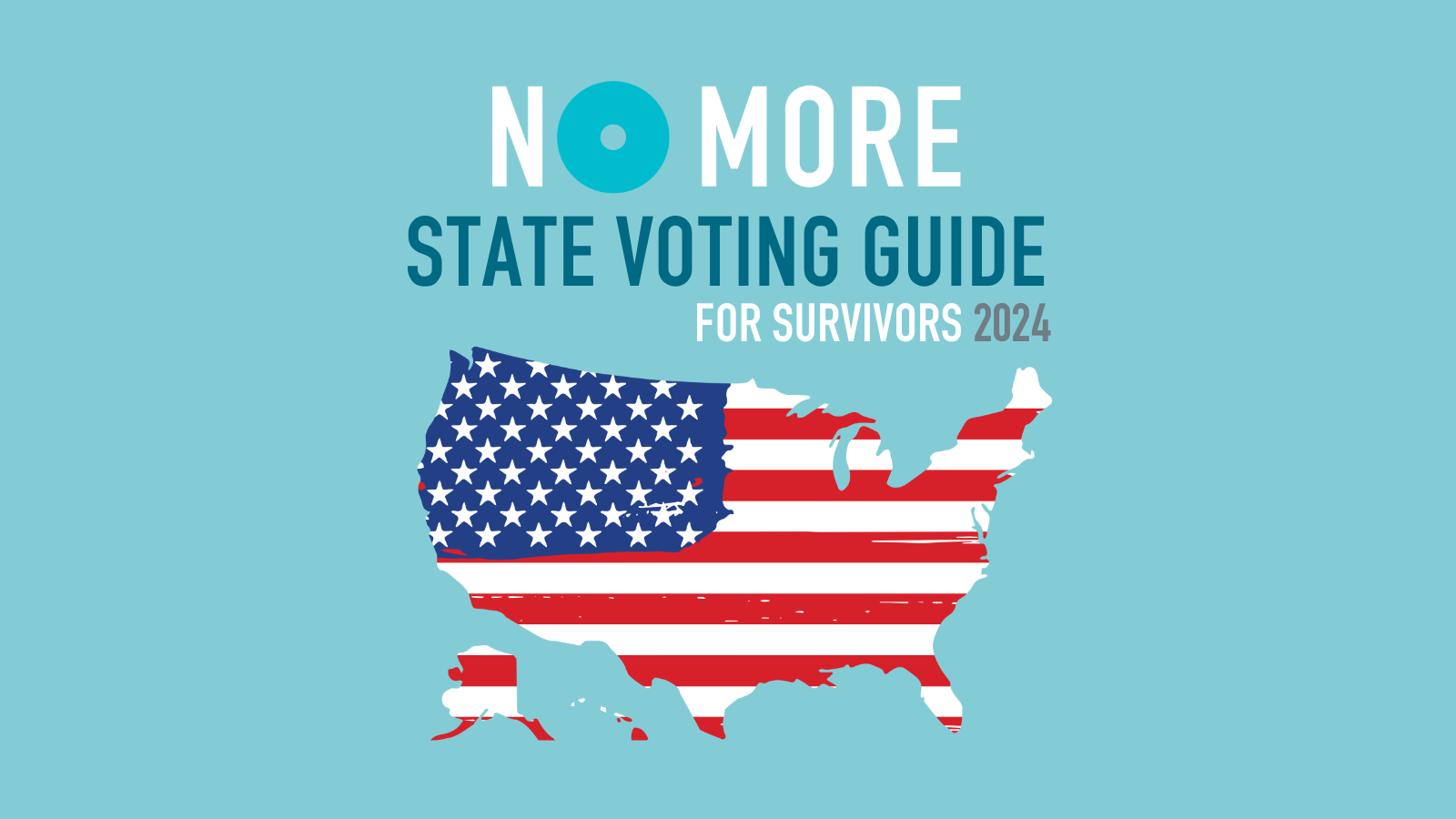Creating a Safe Voting Plan for Survivors

If you’re experiencing abuse, the thought of casting a ballot in the upcoming election might seem overwhelming or risky. However, with the right plan in place, you may be able to exercise your right to vote safely. Here are some tips on creating a voting plan that works for you:
Understand your voting options
Each state has its own voting procedures, which means you might have the option to vote early or by mail, instead of in person on Election Day. Know your options, and choose the one that feels safest for you. Here are some potential safety considerations:
- In-person voting: If you can arrange to vote at a time your abuser is busy, in-person voting may be a good option for you. However, if you’re worried about your abuser monitoring your movements, there might be a better option.
- Early voting: If available, early voting gives you more flexibility to choose a voting time that is convenient and safe for you, and can reduce the likelihood of running into your abuser at the polls.
- Voting by mail: If you feel that voting in person is too risky, look into your remote voting options. Many states allow you to vote at home with a mail-in ballot. This can alleviate some of the concerns you have about voting in-person. It can also give you more time to vote discreetly, without your abuser knowing or trying to influence your vote. On the other hand, this might not be the best option if your abuser monitors your mail or would want to intercept your ballot.
- Confidential registration: If you’re worried about protecting your privacy this election season, look into your state’s confidential voter registration options, including Address Confidentiality Programs. These keep your information off of public voting records.
Plan your voting day
If you plan to vote in person, whether on Election Day or during your state’s early voting period, planning ahead can give you an extra layer of security. Here are some factors you might want to consider:
- Timing: Consider going to vote during off-peak times when the polling place will be less crowded and you can reduce the odds of running into someone you might want to avoid. If possible, consider voting while your abuser is busy.
- Transportation: Plan your safe transportation ahead of time, whether that is driving yourself, getting a ride from a trusted friend, taking public transit, or using a ride-sharing service (some of them offer free service to and from the polls!).
- Safety contact: Share your voting plan with a trusted friend, family member, or advocate who can check in on you and provide support if needed. If possible, ask if they’d come with you to the polling place.
- Documentation: Ahead of Election Day, confirm that your voter registration is up to date. If you’ve moved or changed names for safety reasons, make sure this is reflected in your registration. Also be sure to gather any documents you might need to register and vote, such as a photo ID or proof of residence. Keep these documents in a safe place and bring them with you on Election Day.
Know your resources
If you’re experiencing abuse, the process of voting might seem overwhelming, but know that you don’t have to go through it alone. There are many resources available to help you in your voting process, including:
- NO MORE’s State Guide: A comprehensive guide for understanding your state’s provisions on voting options and confidentiality programs. Look up your state to see which options are available to you this election season.
- NO MORE’s Global Directory: Use our Global Directory to look up your local hotlines and advocacy groups that may be able to provide further information on safe voting practices and might offer resources like transportation or accompaniment to the polls.
You deserve to vote without fear. By understanding your options and taking the time to create a voting plan, you can make your voice heard as safely as possible. Remember, your voice matters.

NO MORE's State Voting Guide for Survivors
This comprehensive guide is designed to help survivors and their loved ones navigate the voting process safely and with confidence. It provides detailed, state-specific information on programs and voting options that can help protect survivors' privacy when voting, including Address Confidentiality Programs, confidential registration, early voting, same-day registration, and voting by mail.

Finding This Content Helpful?
If you find this content helpful and believe in our mission to end domestic and sexual violence, please consider making a donation, which will allow us to continue to provide free resources, raise awareness, and drive change.
Join the MovementTogether We Can End Domestic and Sexual Violence






